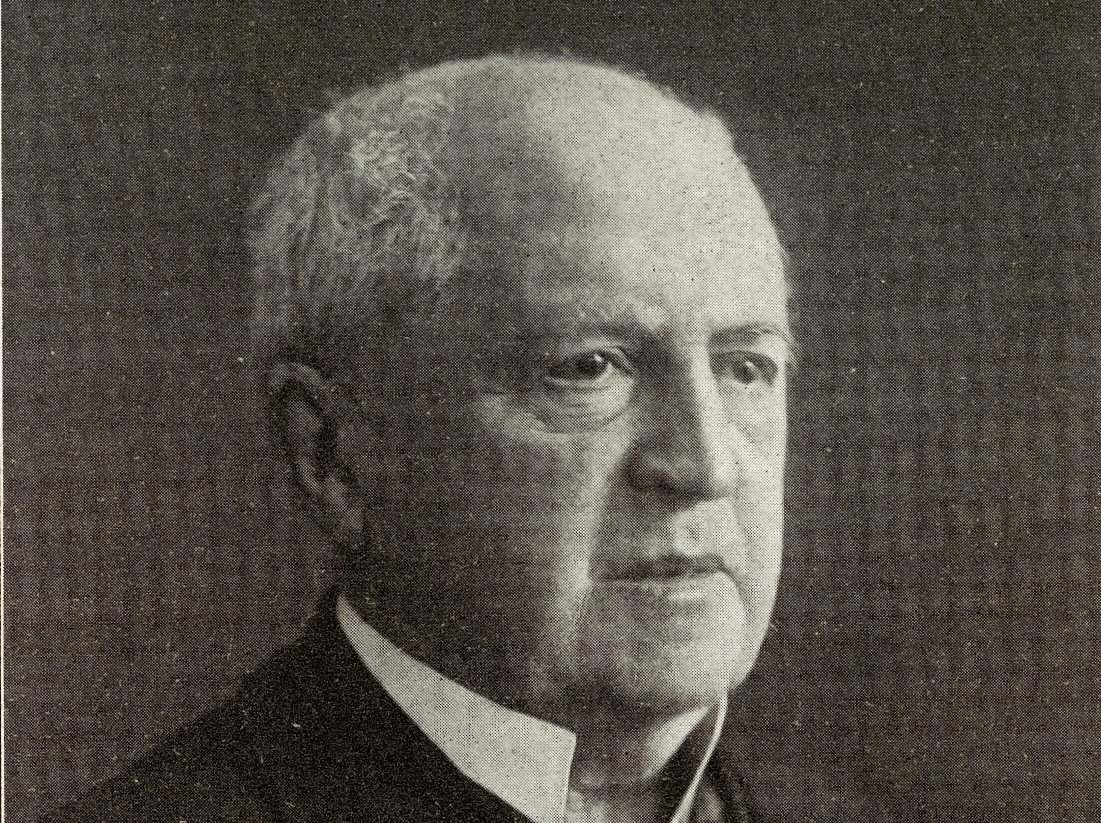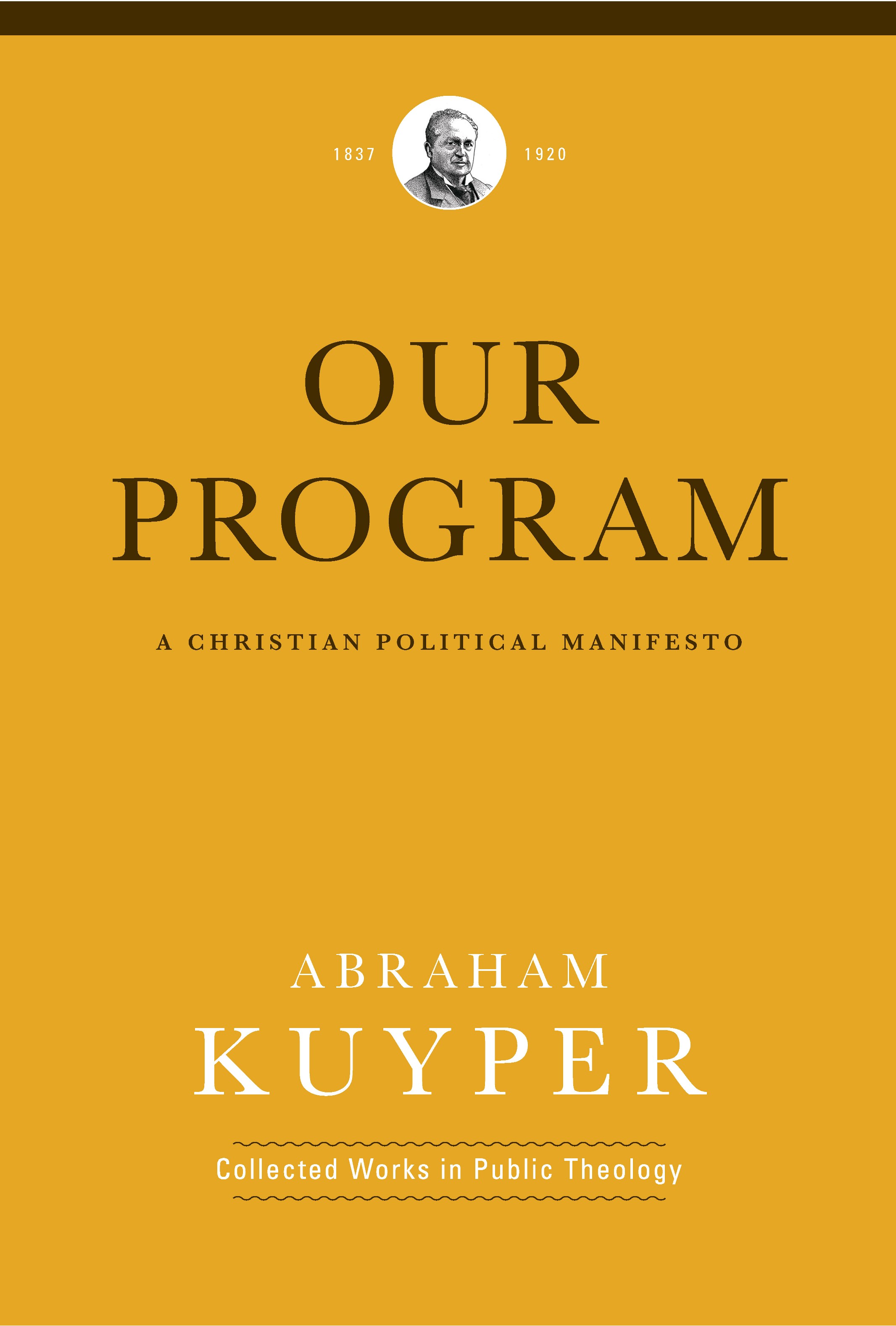 As persecution intensifies around the world, and as the incremental fight for religious liberty only begins here in America, Christians have an obligation to better understand the role of religious liberty and how it intersects with God’s design for political institutions.
As persecution intensifies around the world, and as the incremental fight for religious liberty only begins here in America, Christians have an obligation to better understand the role of religious liberty and how it intersects with God’s design for political institutions.
Unfortunately, as a recent video from John MacArthur demonstrates, the confusion is more widespread than I’d like to believe.
“We can’t expect religious liberty to exist as some kind of divine right, as some gift from God,” he says. “…We were never promised religious liberty. We were only promised persecution.”
MacArthur goes on to paint a confusing and convoluted picture of the Christian’s role in government, arguing that, when it comes to the erosion of religious liberty here in America, it simply “doesn’t matter” because “our political conditions have nothing to do with the advancement of the kingdom of God.” “We don’t fight for quote-unquote ‘religious liberty,’” he says. “We might talk about it. We might vote to make it happen. We don’t fight for that.”
MacArthur is right to remind us of Jesus’ promise of persecution, just as he’s right to remind us of some basic distinctions between current political conditions and the everlasting Kingdom of God. But in doing so, he falls prey to the typical temptations and false dichotomies of cultural fortification and the subsequent withdrawal.
The reality of persecution needn’t mean that we treat religious liberty as some superficial perk in a humanistic political order, available and desirable only for our comfortability and personal pleasure. As with any other corner of creation, God has a design for government, and adhering to that design is good for all of creation.
It is the Christian’s role to fight for the advancement of God’s Kingdom, but this includes the fight for a government that aligns with the powers God gave it. Religious liberty is at the heart of that struggle, representing the most basic of all freedoms. When it comes to the religion we choose, God holds the authority, not the government, and we shouldn’t be afraid to connect the dots from the there.
In Our Program: A Christian Political Manifesto, Abraham Kuyper describes “freedom of conscience” as “a boundary that the state may never cross,” reminding us that “the limits to state power reside in the will of God” and “government has as much power as God has assigned to it. No more; no less.”
 Indeed, for Kuyper, government is but one of many power centers of culture, and as such, Christians should be attentive that it only uses the power God assigned to it, lest the state serve as a steamroller across everyday life:
Indeed, for Kuyper, government is but one of many power centers of culture, and as such, Christians should be attentive that it only uses the power God assigned to it, lest the state serve as a steamroller across everyday life:
The various entities — human persons first of all — which God called into being by his creative powers and to which he apportioned power, are almost all, in whole or in part, of a moral nature. There is a distinctive life of science; a distinctive life of art; a distinctive life of the church; a distinctive life of the family; a distinctive life of town or village; a distinctive life of agriculture; a distinctive life of industry; a distinctive life of commerce; a distinctive life of works of mercy; and the list goes on.
Now then, next to and alongside all these entities and ever so many other organizations stands the institution of the state. Not above them, but alongside them. For each of these organizations possesses “sphere-sovereignty,” that is to say, derives the power at its disposal, not as a grant from the state but as a direct gift from God.
Fathers have power over their children, not as a gift from the state but by the grace of God. The only right the state has at most is to codify the right that fathers have received from God and, should a father want to injure the rights that God has also given to the child, to restore the situation as God has intended it.
Christians should strive for a state that rightly relates to its citizens, and this is certainly of importance to those interested in the “advancement of the Kingdom of God.” Assigning the state to its proper place will bear fruit in any number of areas — personal, social, economic, political, or otherwise.
As Kuyper concludes, when it comes to religious liberty and freedom of conscience, those fruits most certainly stretch before and beyond the mundane matter of earthly governance:
Conscience is the most intimate expression of the life of a human being. Conscience knows that it has received its power directly from God. Conscience revolts against every unjust verdict that ends a dispute. Conscience will not badger government whenever it acts as the owner of a field of which it is only the temporary caretaker.
These excellent traits derive from the fact that conscience is the immediate contact in a person’s soul of God’s holy presence, from moment to moment.
Withdrawn into the citadel of his conscience, a person knows that God’s omnipotence stands guard for him at the gate.
In his conscience he is therefore unassailable.
If government nevertheless dares to push through its “abuse of force,” the end will be a martyr’s death. And in that death government is beaten and conscience triumphs.
Conscience is therefore the shield of the human person, the root of all civil liberties, the source of a nation’s happiness.
If our goal is to rightly relate across all of God’s created order, with each organization, institution, and individual fulfilling its God-given, God-glorifying task, any sweeping violations of the conscience — whether on families, businesses, schools, or churches — ought to be approached for what they are.
As future battles unfold, let us be a church that fights on all fronts, serving as citizens whose “energy breaks out in all directions.” Let us fight not out of regret over personal losses in a humanistic order, but in pursuit of what is good and “out of respect for what is holy.”
As we fulfill our God-given tasks and vocations, giving our gifts and talents across all of life, let Christians remember the importance of preserving a government that will allow it.

